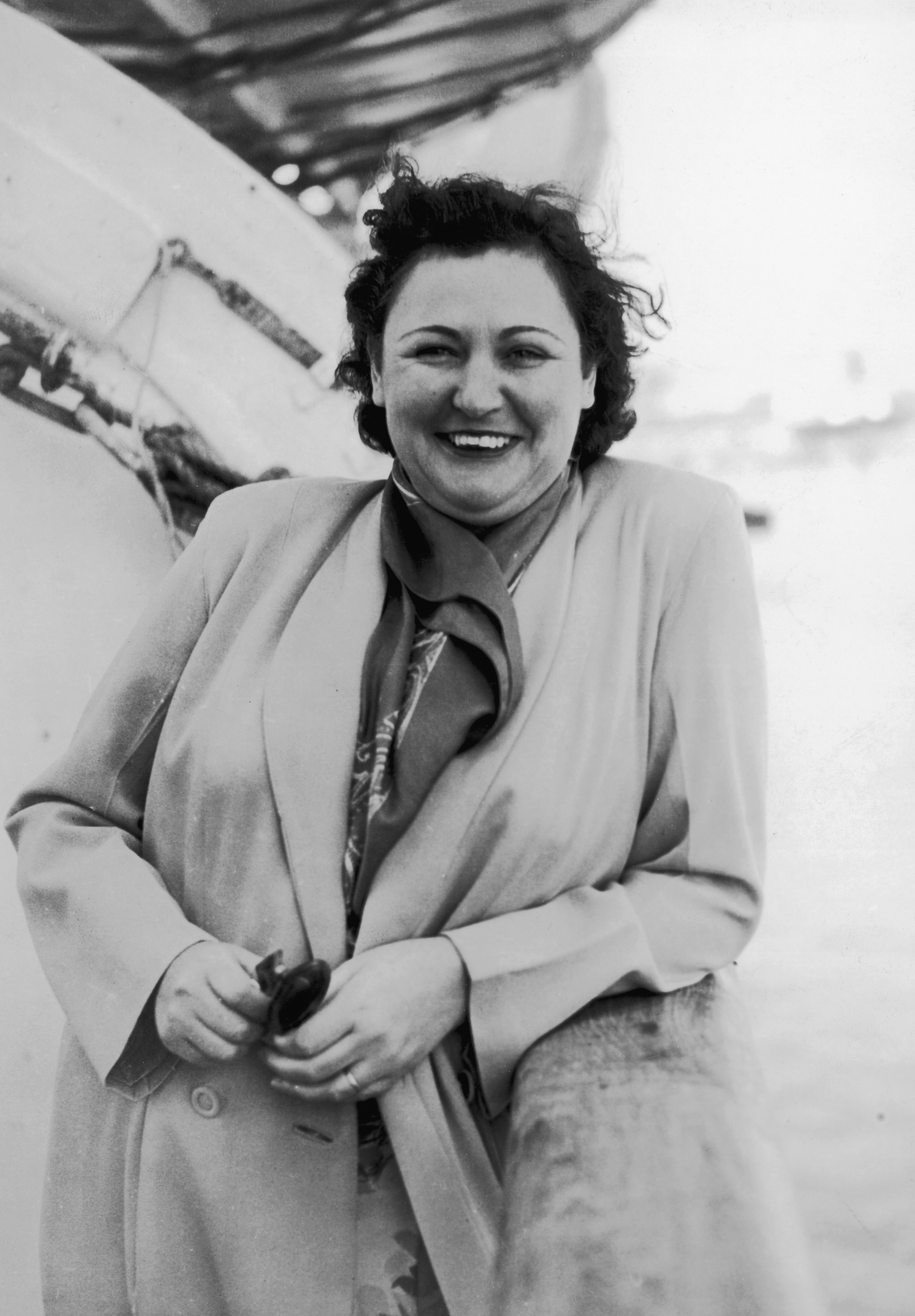
Trained by the Special Operations Executive (SOE), she was commissioned in the First Aid Nursing Yeomanry (FANY) and in April of 1944 was parachute-dropped at Montlucon, France. Nancy became a valuable courier for a Toulon based Resistance unit, got at least one British operative out of a concentration camp, allowed her home to be used as a safe house, found a five million franc bounty on her head, and after multiple attempts reached Spain from whence she traveled to England. Working throughout Europe, Nancy developed an antipathy to the Nazis from her observations in Vienna during the mid 1930s married to a Frenchman named Henri Fiocca, she offered her services to the Allies and was initially tasked with maintaining an escape route for French aviators attempting to get into Spain. Born Nancy Grace Augusta Wake, she was raised in Sydney, Australia, ran away from home at 16, and made her way to England via New York, supporting herself as a self educated freelance journalist. The most decorated servicewoman of the conflict, she was code-named "White Mouse", was a recipient of the George Medal, and was once the most wanted person in Europe. Her medals are on display at the Australian War Memorial Museum in Canberra.

Nancy was made Companion of the Order of Australia (AC) in 2004 and in 2006 was awarded the Royal New Zealand Returned and Services Association Badge in Gold. Named by France Chevalier of the Legion of Honour in 1970 she was to see the designation upgraded to Officer in 1988. Her 1985 autobiography "The White Mouse" was made into the 1987 television miniseries "True Colors" in which she was portrayed by Noni Hazlehurst. Nancy stayed in hotels on the charity of others including, according to rumour, Prince Charles until entering the Royal Star and Garter Home in 2003, there to live out her days. Following her second husband's death in 1997 she moved to England for the final time in 2001. She worked for the Air Ministry until her 1957 remarriage, relocated to Australia in 1960, and lived quietly. Nancy returned home in 1949 and twice stood unsuccessfully for the Australian Parliament before once again going back to England in 1951. She also found that her husband had been killed and that she was essentially broke and thus was forced to remain in the Intelligence Service working at the embassies in Paris and Prague she came to hate the Communists as badly as she had the Nazis.

Medal of Freedom, and the French Resistance Medal and Croix de Guerre with Palm and Star. With the coming of peace Nancy was awarded the George Medal, the U.S.

After the invasion she helped destroy convoys and railroads, once killed a sentry with her bare hands, raided a Gestapo headquarters in Montlucon killing 38 SS, and interrogated prisoners. As second-in-command of an SOE section having charge of roughly 7,500 French Maquisards she controlled communication with London headquarters and in preparation for D-Day undertook a 72 hour 500 mile roundtrip bicycle ride thru enemy lines.



 0 kommentar(er)
0 kommentar(er)
